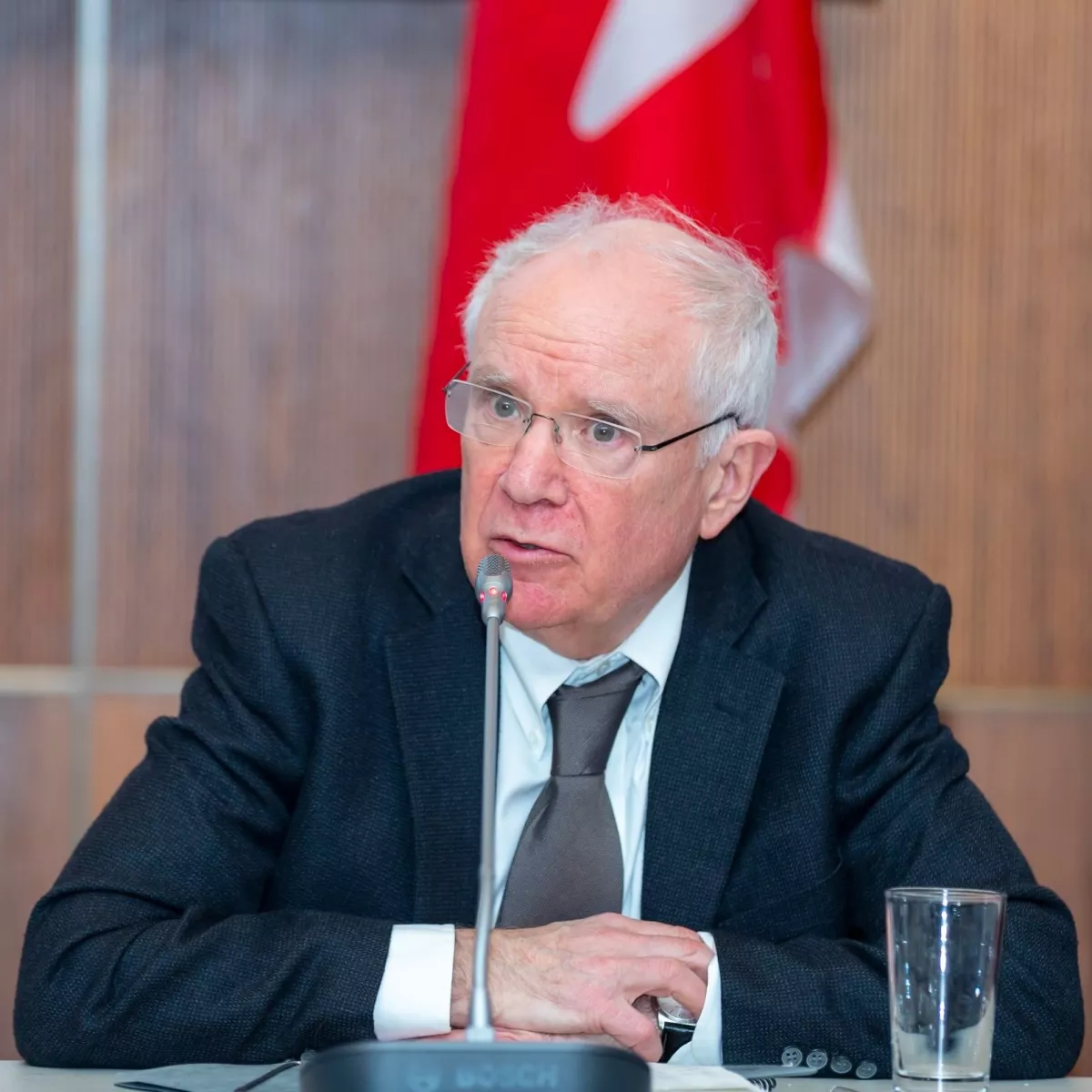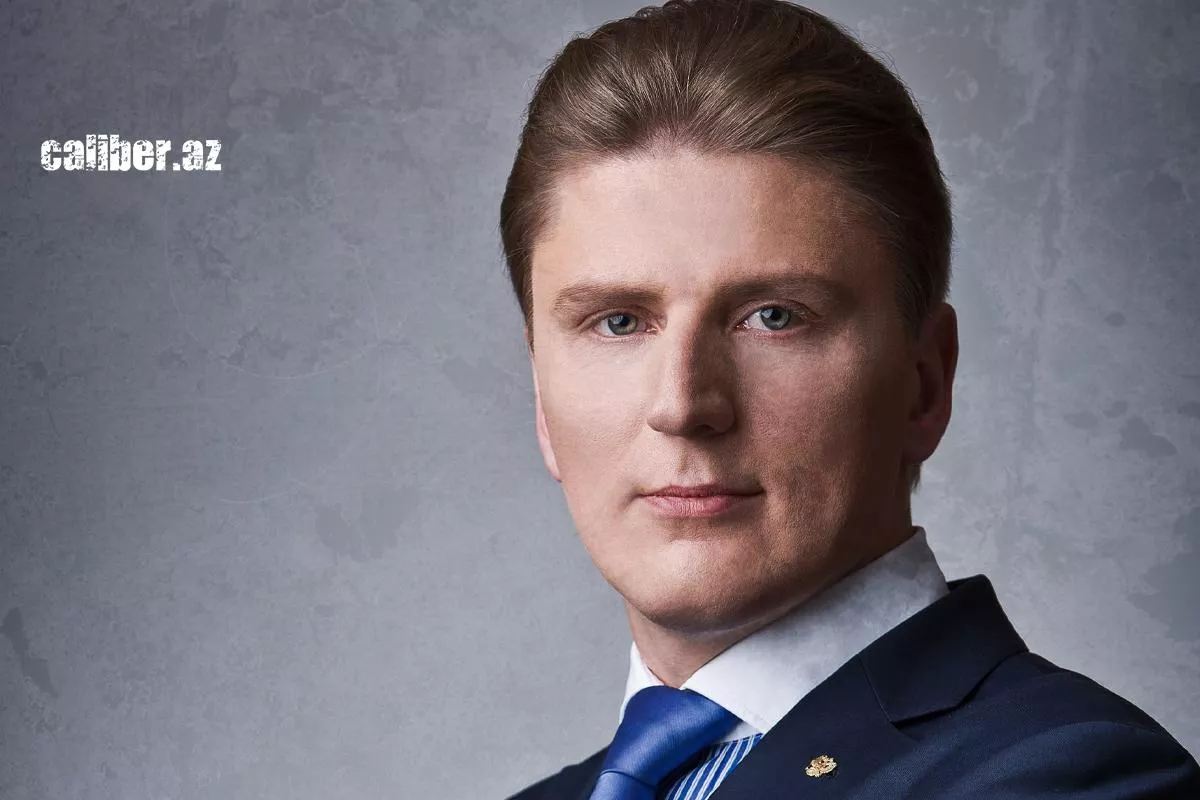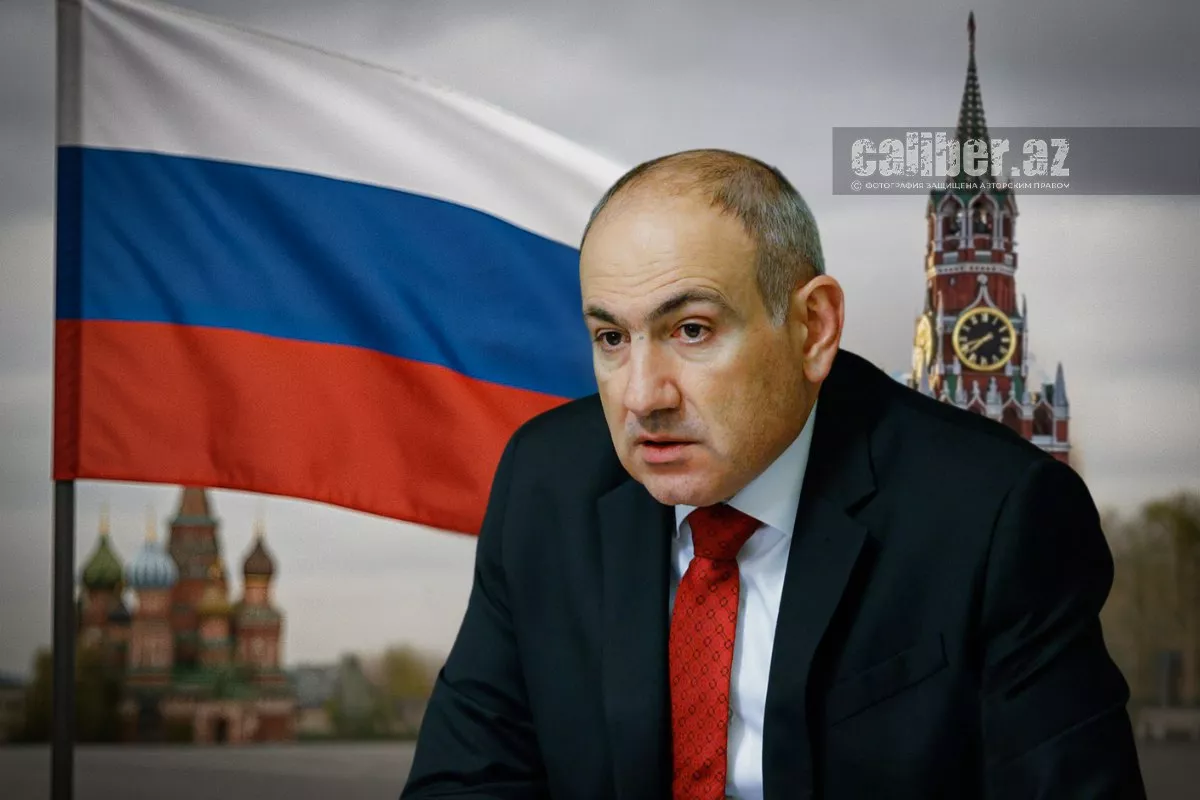Pashinyan’s tightrope: Can Armenia balance Russia and the West? Expert opinions on Caliber.Az
Armenian Prime Minister Nikol Pashinyan has once again presented a political puzzle for analysts and political scientists. On 20 September, at the 7th Congress of the “Civil Contract” party, he stated that Armenia would pursue a path of strengthening relations with Russia: “We have established military-technical cooperation with many countries while continuing to engage with the Russian Federation, the importance of relations with which is hard to overestimate. Relations with Russia are currently at a stage of transformation.”
Last week, he, along with a delegation of Armenian ministers, travelled to Moscow for the Global Atomic Forum, during which he met with Russian President Vladimir Putin and discussed the extension of the Armenian nuclear power plant’s operation and bilateral relations.
Following his visit to Russia, the Armenian Prime Minister headed to New York, where, in his speech at the UN General Assembly, he affirmed Armenia’s commitment to Western democratic values and Yerevan’s intention to join the EU.
“Many ask when Armenia will become a member of the European Union, and how realistic this is. First of all, two of our four neighbouring countries are EU candidate states. Secondly, the law on starting the EU accession process is, above all, an incentive for us to consistently continue democratic reforms,” he said.
Meanwhile, the Kremlin has repeatedly demanded that Yerevan clarify its course toward closer ties with the West, explicitly warning that doing so could seriously undermine Armenia’s partnership within the Eurasian Economic Union (EAEU) and its political relations with Russia.
So, which direction is Yerevan currently prioritising in its policy – the West or Russia? Political analysts answer this question for Caliber.Az.

German human rights activist and political scientist, former Executive Director of the International Helsinki Federation for Human Rights, Aaron Rhodes, views Armenia’s efforts to reduce its dependence on Russia and strengthen ties with Western democracies as positive.
“This is an important and complex step, which apparently reflects an understanding that Russian influence will not serve the freedom and security of Armenia’s citizens. At the same time, the responsibility for ensuring security lies with the Armenian leadership, which seeks to minimise conflict with Russia. This explains Pashinyan’s attempts to maintain a certain working constructivism in relations with Moscow. We must understand that Armenia is not in a position to openly confront Russia, so the Armenian authorities will strive to maintain civilised relations with Russia even as they move closer to the West,” the political scientist said.

At the same time, Svyatoslav Andrianov, a Russian political scientist, director of the international public organisation “Centre for Political Analysis and Information Security,” member of the German Council on Foreign Relations, and chairman of the Berlin Committee for Strategic Partnership in Eurasia, believes that Pashinyan has consistently pursued a pro-Western path for Armenia’s development.
“Nevertheless, as we have seen repeatedly over the past two years, in situations where it is advantageous, he and his team set aside political disagreements, focusing instead on economic pragmatism in relations with both Russia and other actors in the East and South,” the expert noted.
According to him, in its relations with the “non-Western world,” Pashinyan places particular emphasis on China, while also engaging in military contracts with India and projects with Iran. However, fully restoring ties with Moscow is unlikely to be achievable for him.

“In my view, Pashinyan will not be able to repair relations with Russia because no one in the Kremlin has forgotten the rhetoric he directed at the Russian Federation. The Armenian Prime Minister repeatedly stated that the CSTO failed to protect Armenia’s interests in the conflict with Azerbaijan, and that Russia effectively abandoned his country during the crisis. Experts who have monitored the Karabakh conflict for years hold a somewhat different view, which, paradoxically, aligns across Moscow, Baku, and Washington.
I believe Pashinyan understands that Russia could exploit the deepening domestic political crisis in Armenia to remove him from office, unlike the United States and Europe, for whom he is currently quite convenient.
Thus, in military and political terms, the Armenian Prime Minister will likely continue his strategy of relying on the West, while simultaneously seeking to strengthen economic cooperation with countries of the Global South, primarily China. Relations with Moscow will remain situational, marked by general distrust and mutual grievances. Pashinyan aims to implement a successful multi-vector foreign policy, but in practice, he is, unfortunately, unable to achieve this. The reasons, in my view, are obvious: under his leadership, Armenia’s foreign policy suffers from a serious lack of strategy and an excess of reactivity,” concluded Andrianov.








